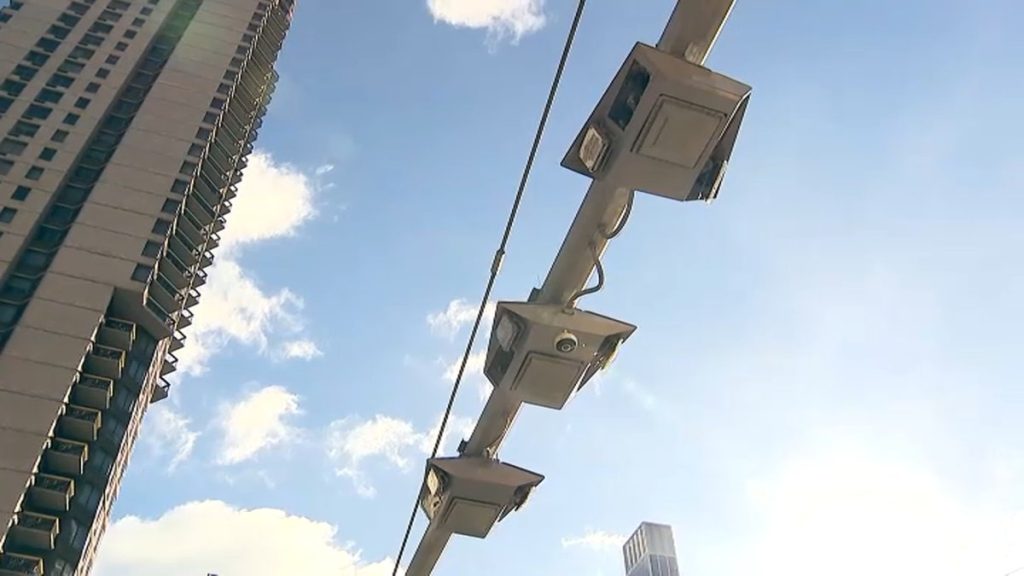With the first full week of congestion pricing in the books, the MTA shared data showing the initial impacts of the controversial plan. And the agency claims it is working.
According to their new numbers, the MTA said 200,000 fewer vehicles entered Manhattan’s Congestion Relief Zone below 60th Street. That’s down more than 7.5% from 2024.
In addition to 218,917 fewer cars on the roads, inbound crossings moved 30-40% faster, and general traffic on Manhattan streets in the area overall moved 20-30% better.
“This is not just incremental. Can I predict the future? No, but this does feel fundamentally different,” said MTA Deputy Chief of External Affairs Juliette Michaelson, who was in part responsible for the design and implementation of congestion pricing. “There is less traffic, quieter streets. I think everybody has seen it.”
The MTA said buses were fast as well. One example they used was the B39 bus from Williamsburg, which was arriving into Manhattan about four minutes sooner per day. Buses at the Lincoln Tunnel gained seven minutes in travel time compared to commutes in Jan. 2024 — which the MTA called “great news for New Jersey transit bus riders.”
There were four notable streets or areas where traffic below 60th Street did not improve: Fifth Avenue, 57th Street, Second Avenue and the security cordon near Trump Tower.
MTA officials did not release exactly how much money generated in the first week, saying it could take weeks to calculate. But any money would be brand new revenue for the MTA.
The $9 E-ZPass toll at peak times ($2.25 off-peak) added up for the transit agency, though some cab drivers have speculated that the toll is so onerous, people may be avoiding Manhattan entirely.
“They’re not even coming to the city. It’s hard. It’s very hard,” said taxi driver Nani Cooper.
The new information arrives as opponents — some of whom sued unsuccessfully to block congestion pricing — have continued to call on President-elect Donald Trump to switch off the toll gantries once he takes office on Jan. 20. Meanwhile, Mayor Eric Adams explained why he’s sounded lukewarm at best about the nation’s first congestion toll, which kicked off on the streets of his city.
“It’s the law of the land right now. Worst thing I can do is throw more hysteria into this law of the land. Particularly when I don’t have any control over it,” the mayor said during a press conference Monday.

